Antoine Roex, Stalks
Discover how blockchain is revolutionizing degree certification by guaranteeing the authenticity and traceability of academic qualifications, offering an innovative solution against fraud and simplifying the verification process for employers and institutions.
Diploma fraud: a persistent challenge
Diploma falsification is a global problem affecting educational institutions and employers alike. Every year, millions of fraudulent diplomas are used to gain access to professional or academic opportunities. This jeopardizes the credibility of educational systems and exposes companies to the risk of recruiting based on false information. Current verification processes are often laborious and costly, relying mainly on paper documents or fragmented databases, which are vulnerable to manipulation. This lack of uniformity and traceability makes it difficult to identify forgeries, posing a major challenge to maintaining trust between stakeholders in the educational and professional system.
Blockchain: an innovative solution for certification
Blockchain is a distributed ledger technology that offers a secure, tamper-proof solution for certifying diplomas. Each diploma can be recorded as a unique entry on a blockchain, guaranteeing its integrity and authenticity. Once a diploma is registered on the blockchain, it cannot be modified or deleted, creating a permanent digital trace. This enables employers, universities or other parties to instantly verify the validity of an academic qualification without the need for an intermediary. What’s more, students themselves benefit from simplified access to their diplomas, which they can quickly share with recruiters or other institutions, making the verification process fast, transparent and reliable.
Greater traceability and transparency
One of the main advantages of blockchain in diploma certification lies in the traceability and transparency it brings. Information about diplomas, such as date of issue, issuing institution and type of qualification, can be stored securely and accessed at any time. This accessibility enables employers to instantly verify information without having to contact educational institutions directly, thus simplifying the recruitment process. What’s more, this traceability enhances the confidence of students and recruiters alike, as it eliminates the uncertainties associated with the authenticity of qualifications. What’s more, in a context of growing international mobility, this technology facilitates the recognition of diplomas across borders, opening up new opportunities for graduates.
Challenges and future prospects
Despite its many advantages, the adoption of blockchain for diploma certification is not without its obstacles. One of the main challenges is the need to standardize the formats and protocols used by institutions to record and verify diplomas. Without a common framework, it can be difficult to ensure interoperability between different systems. In addition, the issue of personal data protection is crucial, as blockchain relies on a public registry that must comply with strict confidentiality standards. Finally, widespread adoption of this technology requires significant initial investment and a willingness to collaborate between educational establishments, governments and businesses. However, if these challenges are overcome, blockchain could become a global standard for degree certification, guaranteeing universal recognition of academic qualifications.
Conclusion
Blockchain represents a major breakthrough for the certification of diplomas, ensuring their authenticity and simplifying verification processes. By offering a solution that is at once secure, transparent and traceable, this technology addresses critical issues linked to fraud and the recognition of qualifications on an international scale. However, its adoption requires a collaborative approach and a solid regulatory framework to ensure its success. If these conditions are met, blockchain has the potential to sustainably transform the way diplomas are certified, verified and recognized around the world.
References :
- Blockchain-Enabled Diploma Traceability and Fraud Detection: The BlockDipls Structure
- Blockchain Implementation to Ensure the Authenticity and Integrity of Graduation and Diploma Certificates
- Guide to Blockchain Certification: Ensuring Authenticity and Traceability
- Blockchain Traceability to Ensure the Veracity of Diplomas
- Blockchain in Higher Education: A Secure Traceability Architecture for Degree Verification



